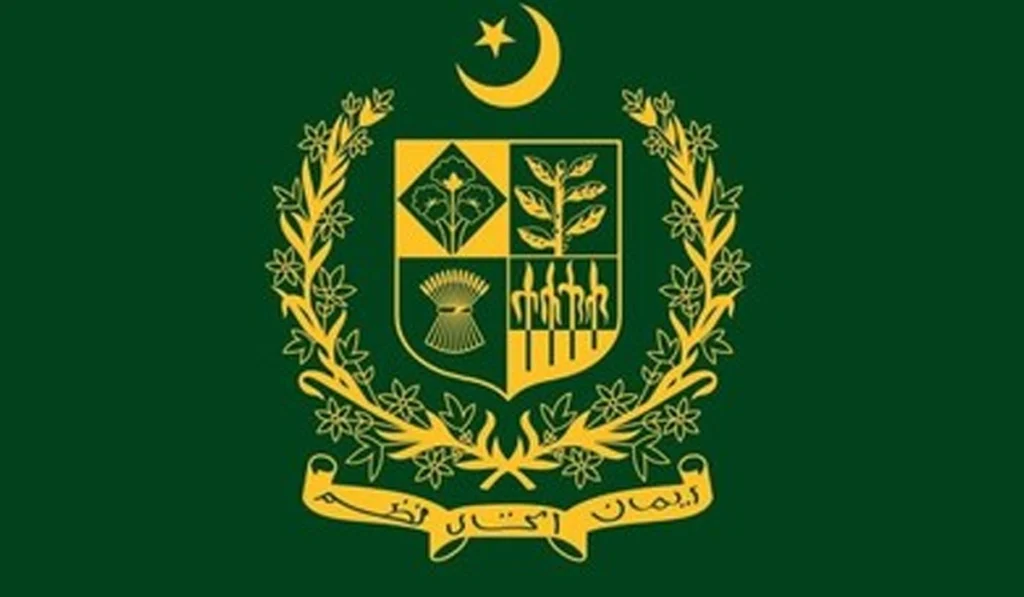- Web
- Today
Balochistan warns families of militants of legal action, property seizure
-

- Web
- Sep 20, 2025

QUETTA: The Balochistan government has warned that relatives of individuals found involved in terrorism will face legal consequences if they fail to report their disappearance or affiliation with militant groups.
The provincial government said that families could face severe penalties, including confiscation of property, dismissal from government jobs, and withdrawal of state benefits.
The warning was issued through advertisements published in local newspapers.
The Balochistan government said the directive applies to “all individuals whose children or family members go missing or join non-state actors or terrorist groups.” Families have been instructed to report such disappearances within seven days to the nearest police station and the relevant FC or military unit.
Relatives of those already missing have also been ordered to resubmit information within a week.
The Balochistan Home Department further directed that families of individuals who have joined militant groups must submit a sworn affidavit declaring disassociation from the missing person within seven days.
The notification warned that if a family fails to inform authorities about a member’s disappearance or militant activity, and the person is later found to be involved in terrorism, the relatives will be declared facilitators.
Their names will be placed on the Fourth Schedule — a list of suspects monitored under anti-terror laws — and strict action will follow, including property confiscation, dismissal from government service, and loss of state welfare packages.
Jaffar Express attack mastermind killed in Afghanistan
Under Pakistan’s Anti-Terrorism Act, the Fourth Schedule contains names of individuals suspected of involvement in extremism or terrorism.
Their activities are closely monitored, bank accounts scrutinised, and they are required to regularly report to local police stations.
The Home Department added that families of militants could be prosecuted under various sections of the Pakistan Penal Code, including Sections 202, 107, 109, 114, 118, 120A, and 120B, which cover concealment of crimes, abetment, conspiracy, and providing shelter to criminals. In some cases, punishment may equal that of the principal offender.
Prosecution may also be carried out under multiple provisions of the Anti-Terrorism Act 1997, which includes imprisonment, fines, and confiscation of assets.
Earlier, Balochistan Chief Minister Sarfaraz Bugti had hinted at this policy. At an August 18 press conference in Quetta, he said: “We oppose collective punishment, but families who remain silent when their relatives kill innocent people, join terror camps, and then return home cannot claim innocence. They will be treated as complicit and will face the consequences.”
Serving Indian officers behind terror attacks in Pakistan, says DG ISPR
Bugti added that the provincial government was operating in a “grey area” where it is often unclear who is a terrorist and who is not. To address this, a special cell under an Additional Secretary has been set up in the Home Department to monitor such individuals, add them to the Fourth Schedule, and track their movements.
He had disclosed that investigations have so far been conducted into around 2,500 people, mostly government employees.
While several were cleared and removed from the list, others were asked to provide explanations, and some were suspended or dismissed from service.
In July, the Balochistan government had also issued a notice warning of legal action against those found taking selfies or photographs with terrorists.
The province has witnessed a surge in militant violence in recent months. To counter this, the government has not only introduced tough measures but also amended the Anti-Terrorism Act 1997 to strengthen laws.
Under these changes, security agencies can detain suspects in special facilities for up to 90 days without trial, while terrorism-related cases may be tried under a special judicial system where the identities of judges, lawyers, and witnesses are kept secret, and proceedings can be held in prisons or through virtual platforms.
The provincial government insisted that the new measures are aimed at both addressing the missing persons issue and curbing militancy in the province.




